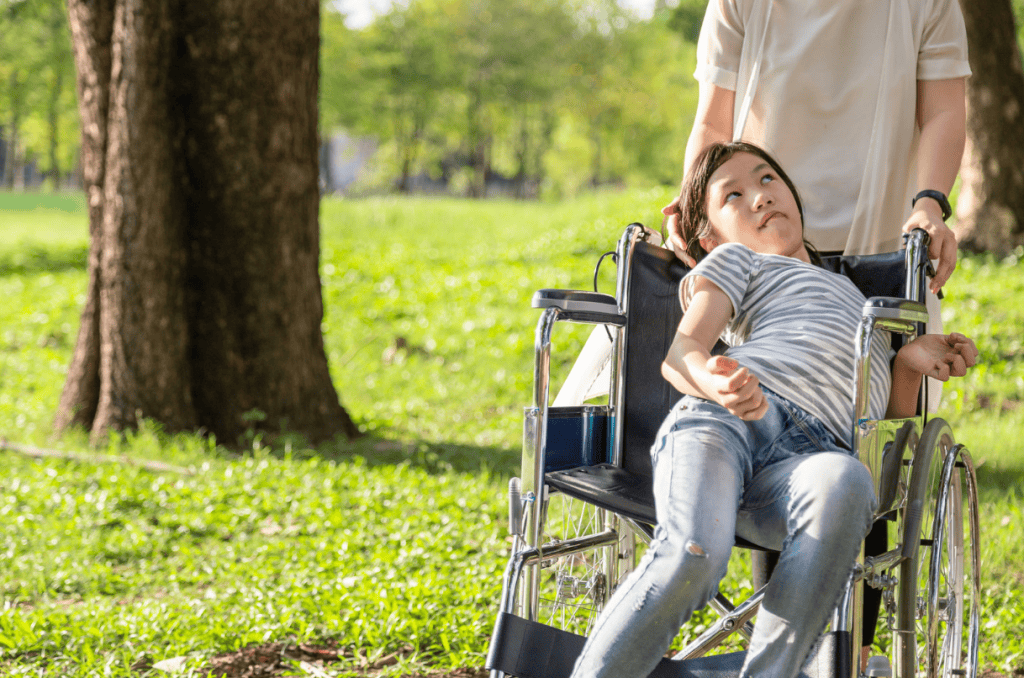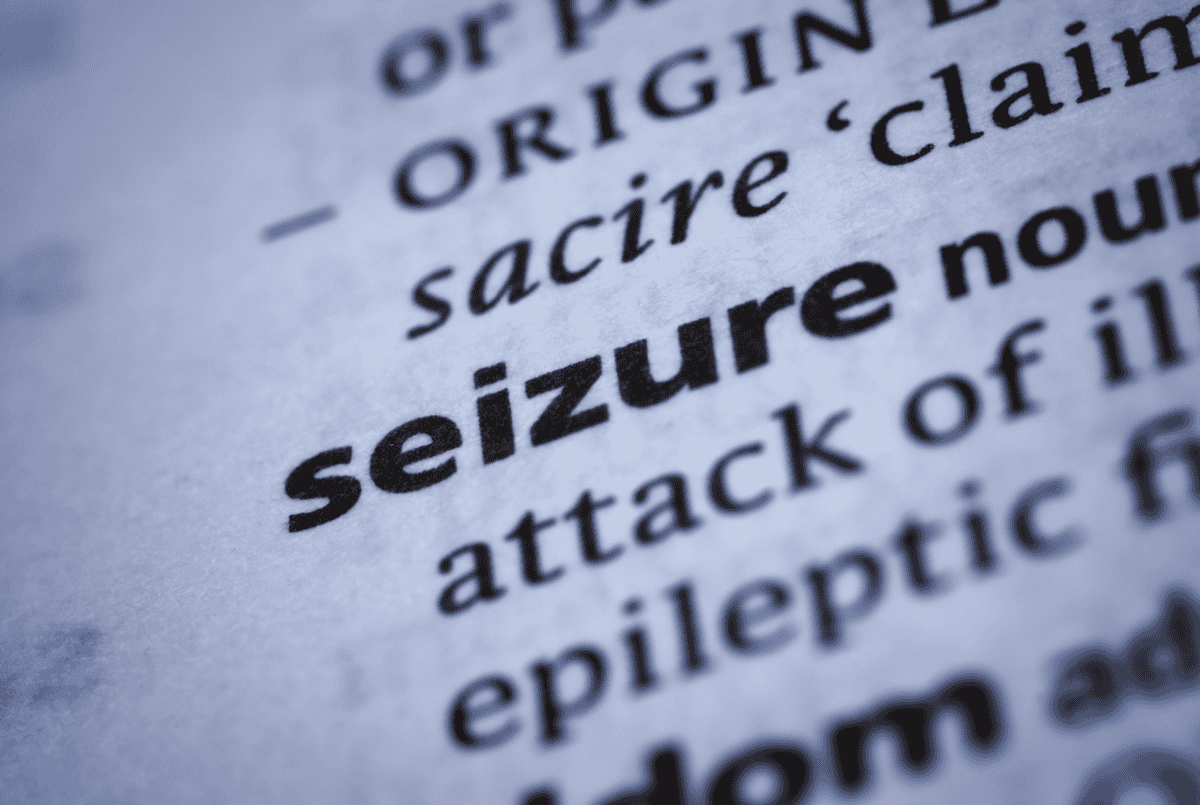Are uncontrolled seizures truly dangerous, especially for little kids and adults? Seizures don’t just disrupt daily life-they pose serious health risks, too.
From the potential for sudden injuries to long-term brain effects, the dangers can be hidden yet severe. Uncontrolled seizures can affect development, mental health, and safety in ways most of us don’t realize.
This article talks about managing uncontrolled seizures for little kids – why it is crucial and how it impacts both young children and adults alike, highlighting the importance of early intervention and care.
Physical Injury Risk
People who have seizures can get hurt because they lose control quickly. A person having a seizure could trip and hit their head or other body parts. This could lead to broken bones, bruises, or major head injuries that need medical help.
When someone is having a seizure, they may also pass out. Vomit or saliva can get into the mouth and make it hard to breathe. This could cause aspiration pneumonia, which is very dangerous and can kill you if it’s not handled right away.

Brain Health and Development
Frequent seizures can have a damaging impact on the brain. Repeated seizures may lead to brain damage, affecting memory and cognitive function. Over time, this damage can make it harder for the brain to recover fully.
If seizures do not respond well to treatment, this condition is called refractory epilepsy, which often requires specialized care; if refractory epilepsy is a concern, you can learn more about refractory epilepsy from resources that focus on treatment challenges and options.
Sudden Unexpected Death in Epilepsy
Sudden Unexpected Death in Epilepsy (SUDEP) is a serious but rare risk that comes with having seizures that you can’t control. People who have a lot of tonic-clonic seizures are more likely to get SUDEP. Even if the person has been following their treatment plan, it can happen at any time.
Adults who have frequent seizures that they can’t control are more likely to get SUDEP. During a seizure, changes in breathing or heart rate may be linked to SUDEP. Even though no one knows for sure what causes it, people who have seizures are still very worried about it.
Mental and Emotional Health
Living with uncontrolled seizures can take a toll on mental health. People with epilepsy often feel anxious about having a seizure in public or in risky situations. This anxiety can lead to social isolation and feelings of helplessness.
Uncontrolled seizures can also affect relationships and emotional well-being. Children with epilepsy may miss out on school and social activities, which can impact their development.

Medication Side Effects
Many people with epilepsy rely on medication to control their seizures. These medications often have side effects, such as drowsiness, dizziness, or mood changes. Over time, these effects can impact a person’s daily life and ability to function.
In children, medication side effects can interfere with learning and development. Certain medications may cause cognitive delays or make it harder to focus in school.
Protect Little Kids From the Dangers of Uncontrolled Seizures
Uncontrolled seizures can pose serious risks to both children and adults. The potential for physical injury, cognitive impairment, and emotional distress can impact daily life significantly. Understanding these risks is essential for effective management and support.
It is crucial to seek proper medical care to minimize complications. This ensures that little kids and adults can lead healthier and safer lives while managing their condition.
Was this article helpful to you? If so, make sure to check out our blog for more useful information and resources.


